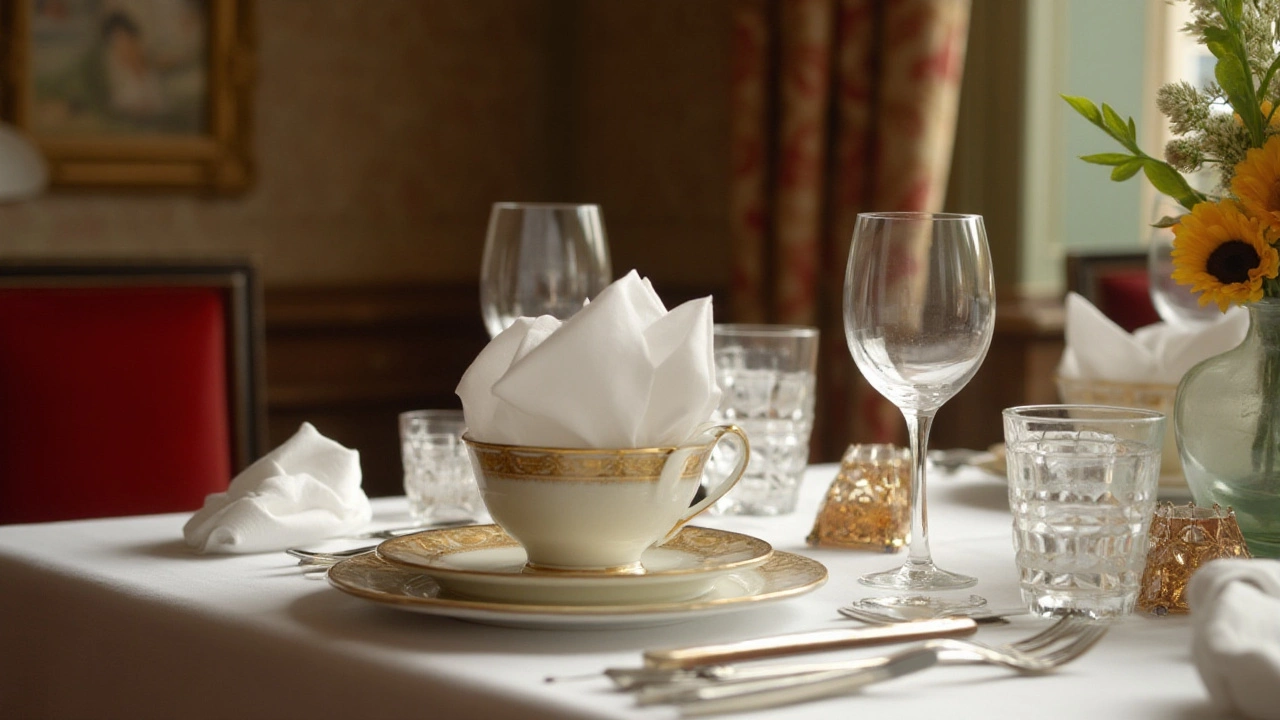British Terminology: Everyday UK Words Explained
Ever wondered why Brits call a toilet roll a loo roll or why they say "a stack" for a thousand dollars? You’re not alone. The UK has a handful of words that sound odd to non‑locals but pop up everywhere – on product labels, in TV shows, and in everyday chat. This guide breaks down the most useful British terms, shows you how to use them correctly, and helps you sound a bit more native the next time you speak with a friend from across the pond.
Why British Terms Matter
Knowing a few UK‑specific words does more than avoid awkward moments. It shows respect for the culture, helps you shop smarter (think "toilet roll" versus "toilet paper"), and can even save you money when you spot a local‑only deal. Plus, many British terms have subtle regional twists – a word in London might sound different in Manchester or Glasgow. By learning the basics, you start to pick up those regional clues and get a feel for where a speaker is from.
Explore Popular UK Words
Toilet roll, loo roll, bog roll – All refer to the same thing: the paper you use after a bathroom break. In the UK, "toilet roll" is the most neutral, "loo roll" is common in everyday speech, and "bog roll" is a cheeky, informal term you’ll hear in jokes or TV sitcoms. When you’re in a supermarket, look for the aisle labelled "Toilet roll" – that’s where the product will be.
A stack – In British slang, a "stack" usually means a thousand pounds (or dollars in US‑style media). It’s a quick way to talk about money without spelling out the amount. Example: "He paid a stack for that vintage jacket." Knowing this helps you understand budget conversations in online forums or music lyrics.
Donkey vs. donkies – The correct plural is "donkeys," but you’ll sometimes hear the playful misspelling "donkies" on social media. It’s not a grammar rule, just a meme‑driven twist. Stick with "donkeys" in formal writing, but if you’re chatting casually, you’ll get a grin when you use the joke version.
Prayer rug – The proper term is "prayer mat" or "salah rug" in Islamic contexts. It’s the small rug Muslims place on the floor for daily prayers. If you see the word "prayer rug" in a UK‑based store, they’re likely catering to a mixed audience, using a phrase familiar to both Muslims and non‑Muslims.
Other handy terms – Words like "cheeky" (as in "cheeky pint"), "bloke" (a man), and "knackered" (exhausted) appear in everyday conversation. Throw them into a sentence and you’ll sound instantly more British: "I’m feeling knackered after a cheeky jog with the lads."
When you start using these words, pay attention to tone. British slang can be very informal, so it’s best saved for friends or casual settings. In a store or with a professional, stick to the neutral versions: "toilet roll," "kilograms," "money," etc.
Finally, remember that language is fluid. New slang emerges every year, especially online. Keep an eye on popular UK YouTubers, podcasts, and TV shows – they’re gold mines for fresh terminology. The more you expose yourself to authentic British content, the easier it becomes to pick up the right word at the right moment.
So next time you see a "loo roll" on a shelf or hear someone boast about a "stack," you’ll know exactly what they’re talking about. Happy learning, and enjoy the fun of speaking like a true Brit!
